Contact center of the Ukrainian Judiciary 044 207-35-46
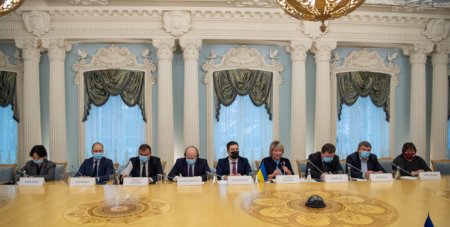
Last week, the Supreme Court hosted a meeting between the leadership of the Supreme Court and members of the High Level Mission of the Council of Europe to Ukraine on the execution of the judgments of the European Court of Human Rights.
SC President Valentyna Danishevska noted that the Supreme Court had always paid considerable attention to the establishment of international relations in order to unite efforts aimed at improving the efficiency of all bodies of the judiciary.
“Ukraine has great respect for European institutions. We pay close attention to their caselaw and ensure that the best European experience is introduced in Ukraine. Therefore, the establishment of communication, in particular between the ECtHR and the Supreme Court, is very important,” stressed the President of the Supreme Court.
Valentyna Danishevska drew attention to the fact that in 2020 the ECtHR considered 83 cases against Ukraine, and in the first half of 2021 - 117 cases. At the same time, violations committed precisely during the trial account for about 20% of the total number of violations established by the ECtHR.
“Certainly, the Supreme Court pays considerable attention to this category of cases, at the same time we are not indifferent to the fact that other violations committed by Ukraine should be corrected. Therefore, we are working on the application of measures, both individual and general," stressed the President of the Supreme Court.
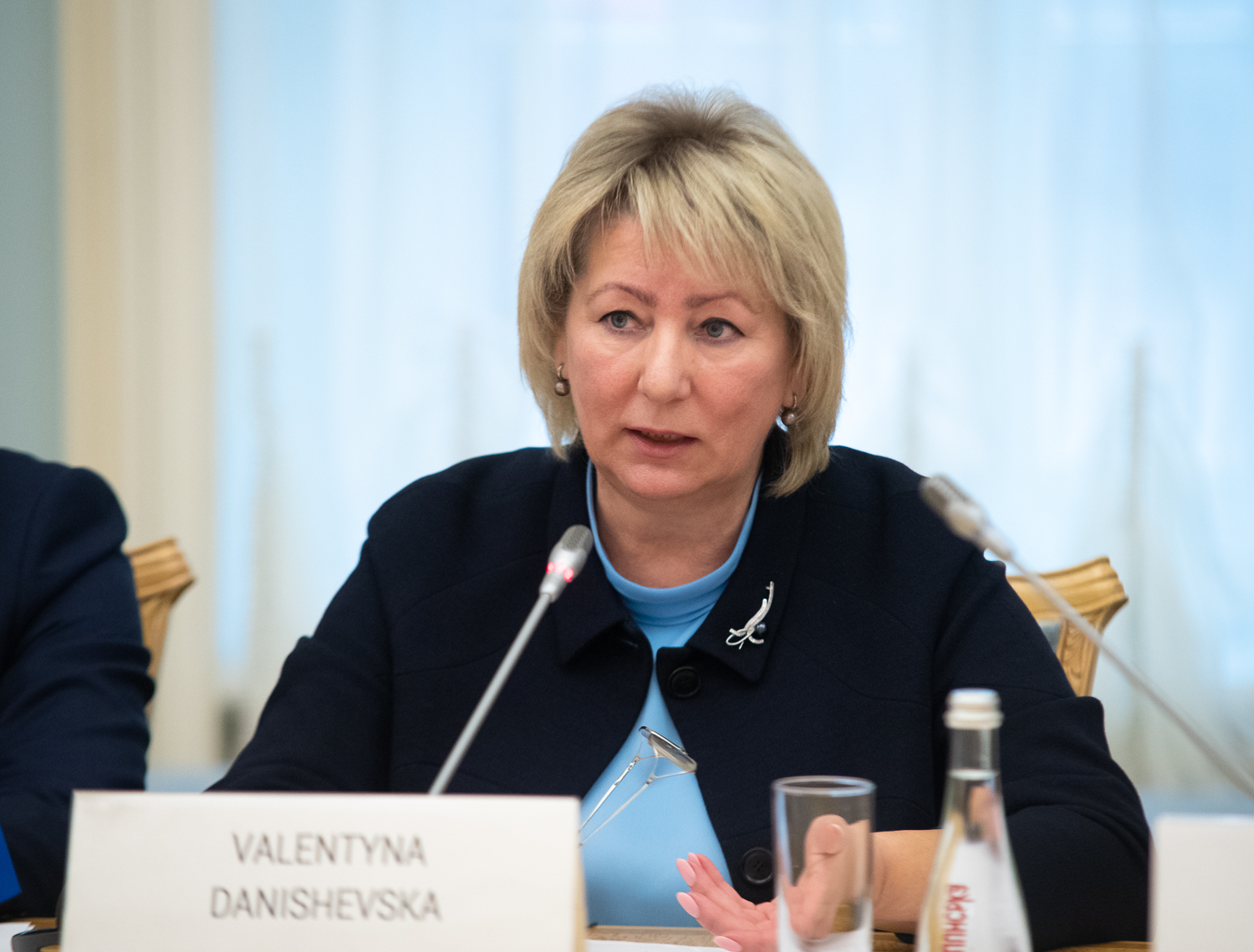
Christos Giacoumopoulos, the Director General of Human Rights and Rule of Law of the Council of Europe, expressed gratitude to the Supreme Court for the fruitful joint work, the results of which were important for both parties.
"The execution of ECtHR judgments is an indicator of the state's respect for human rights. We greatly appreciate our cooperation and confidence in the CoE institutions on the part of Ukraine,” he assured.
Christos Giacoumopoulos also mentioned the judgment of the SC Grand Chamber on the outcome of the review of the decisions of the national courts on the basis of the ECtHR judgment in the case of Goryaynova v. Ukraine, and stressed that the Council of Europe endorsed the approach applied by the Supreme Court in considering this case.
Vsevolod Kniaziev, the Secretary of the Grand Chamber of the Supreme Court, stated that when considering this case, the SC Grand Chamber faced a non-standard situation, because the possibility of reviewing decisions of national courts is limited to a 10-year period.
“On the one hand, there is a need to implement the ECtHR judgment, and on the other, there is a need to implement the principle of legal certainty. A review of a case after 10 years may not always comply with the principles of legal certainty and finality of judgments as constituent elements of the rule of law. This case was somewhat different from those previously considered by the SC Grand Chamber: it was a labour dispute and the state was the defendant. In view of this and taking into account the best interests of the applicant, the Grand Chamber granted the application for review of the judgments and remitted the case for a new appeal hearing,” explained the Secretary of the SC Grand Chamber.
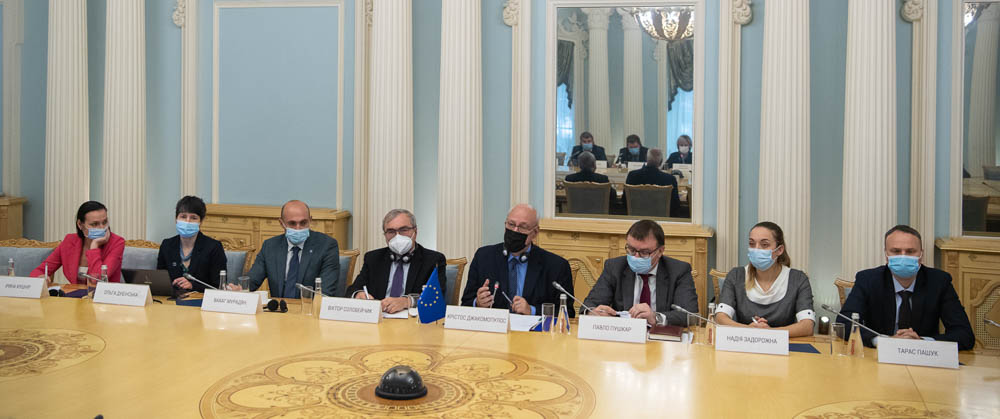
Vsevolod Kniaziev also drew attention to the application of Protocol No. 16 to the Convention for the Protection of Human Rights and Fundamental Freedoms.
"The issue is very important for us, but the Verkhovna Rada of Ukraine has not yet settled the procedure for national courts to apply to the ECtHR regarding the provision of advisory opinions. The Supreme Court has had a need for such an appeal for several times, but taking into account the workload of the ECtHR, we decided that we would use the tool only in exceptional cases,” said Vsevolod Kniaziev.
Mykhailo Smokovych, the President of the Administrative Cassation Court within the Supreme Court, noted that the judgment of the ECtHR in the case of Polyakh and others v. Ukraine became a guide for judges of administrative courts in applying and interpreting the Law of Ukraine On Purification of Power.
Also, the President of the Administrative Cassation Court within the Supreme Court said that recently the Verkhovna Rada had adopted the Laws of Ukraine On Administrative Procedure and On Mediation, which should significantly affect the volume of cases received by courts, which in turn would reduce the number of applications to the ECtHR.
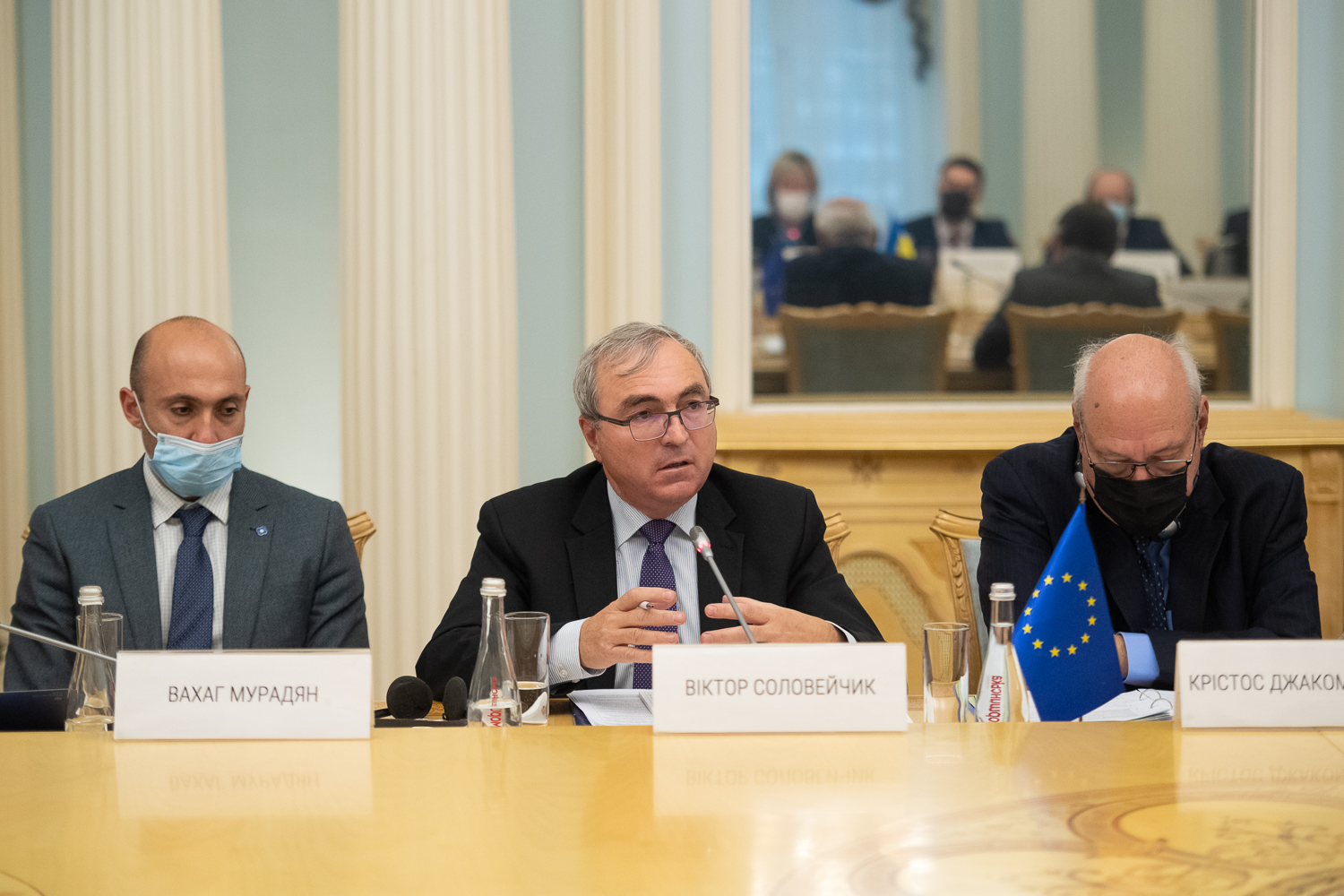
The representative of the ECtHR Registry, Victor Soloveytchik, stressed that the judgment of the European Court of Human Rights in the case of Shabelnik v. Ukraine (No. 3) was a vivid example of the established dialogue between the ECtHR and the Supreme Court and testified to the consistency of their decisions.
“The legislator does not always react quickly to a systemic problem and takes general measures to address it. In such situations, the courts must interpret the national legislation in force, the Convention and the ECtHR judgments in order to find legal remedies for the violated human rights. It is not always possible, but such a way of solving the problem can become an effective tool in the absence of proper legislative regulation of a certain issue,” pointed out Victor Soloveytchik.
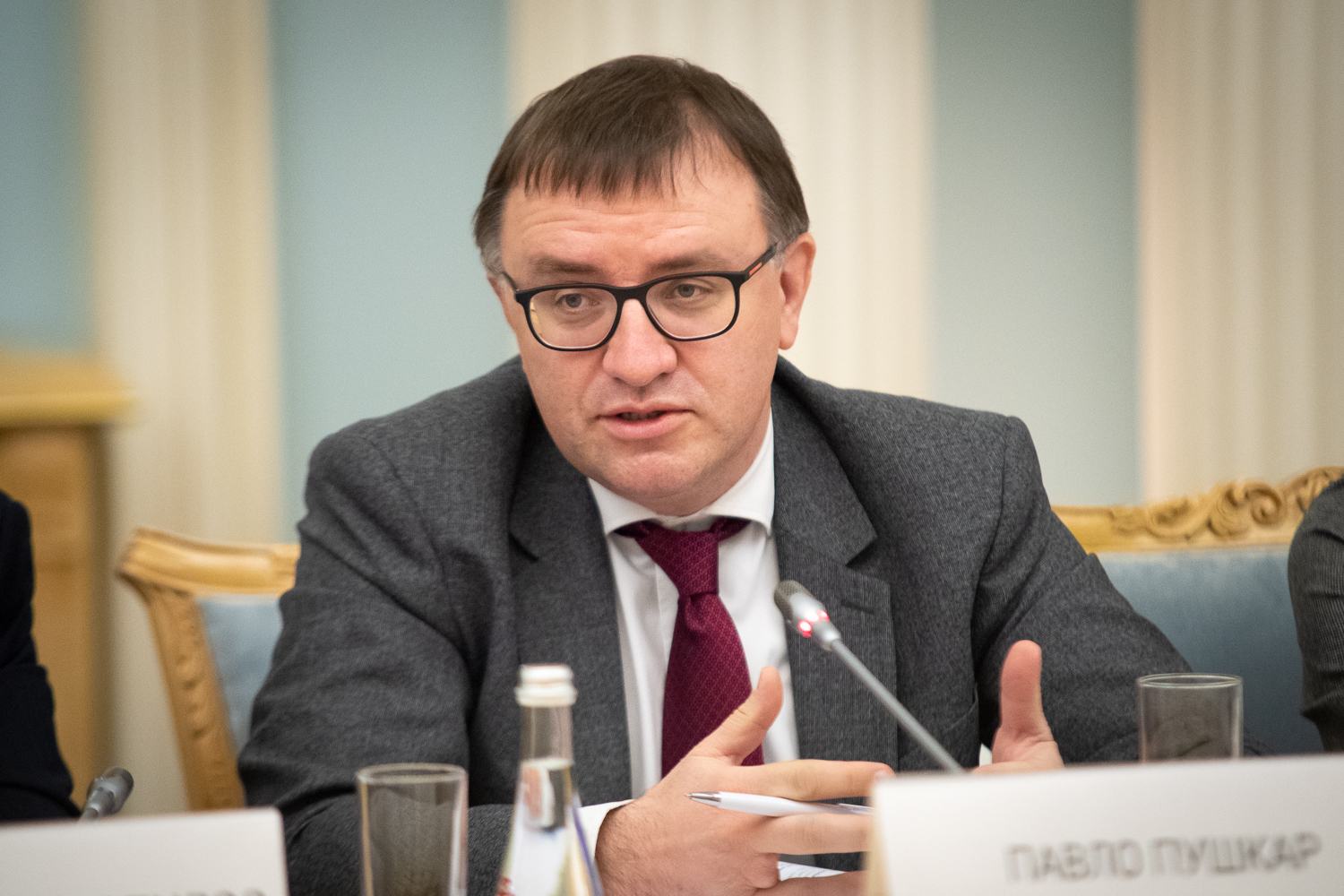
Pavlo Pushkar, the Head of Division of the Department for the Execution of ECtHR Judgments, also added that the creation of remedies on the basis of existing legal provisions was one of the most important areas of cooperation between the ECtHR and the Supreme Court.
"The main systemic and structural problems identified by the ECtHR, which give rise to recourse to the Court, are mostly related to the lack of remedies. In some cases, the problem can be solved by judicial interpretation of the current legislative provisions, and such practice already exists,” summed up Pavlo Pushkar.
In conclusion, Valentyna Danishevska noted that the courts were willing to perform such tasks, but for this they must be provided with proper conditions and guarantees of judicial independence.